Persimmon belongs to the Ebenaceae family.
These orange late autumn fruit are a rich source of vitamins. Including high content of vitamin C and beta carotene, which ranks it among the fruit, which are good for the immune system. They are also known to contain vitamins from group B - B1, B2, as well as vitamin F, P, PP and glutamic acid.
An interesting fact is that persimmon is a fruit high in tannins. For this reason, it was initially thought to be unfit for consumption. But this myth, fortunately, was quickly debunked.
Another interesting fact about this fruit is that the beneficial properties of persimmon are preserved even at temperatures of minus 20 degrees.
Persimmon are rich in sugars and pectin. This makes them good for the digestive system.
Persimmon contain high amounts of iodine, which is important for people who have thyroid problems.
The orange color of this healthy fruit is due to the presence of beta carotene.
The content of lycopene and vitamin complex make persimmon a fruit with powerful antioxidant action.
It is no coincidence that the Greeks called persimmon a divine fruit. Well ripened persimmon are the ones that have survived the first frosts on the tree in autumn. They are a valuable fruit, but you should not eat more than three persimmon in one day.
If persimmon is your favorite fruit, here are our favorite recipes with persimmon.
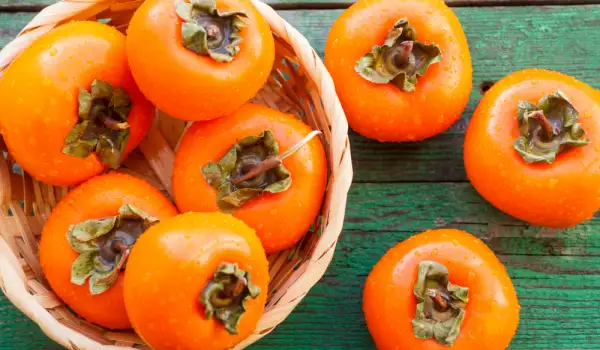
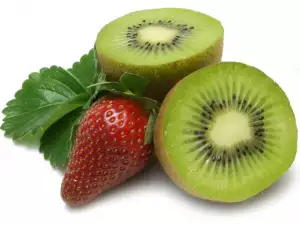
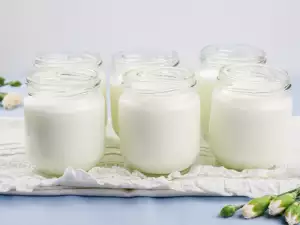

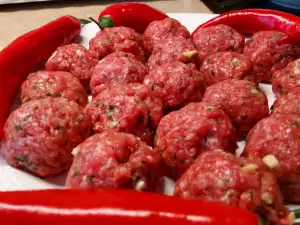

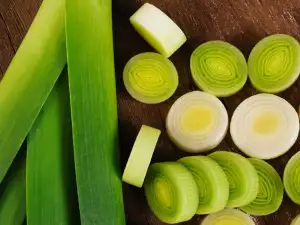
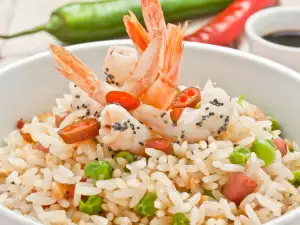
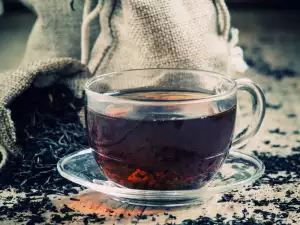
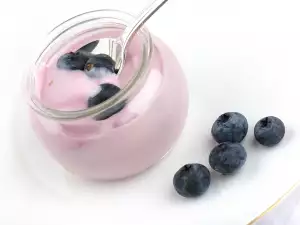
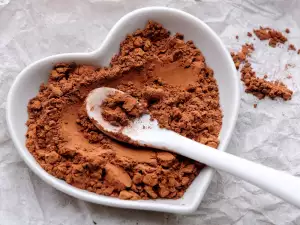
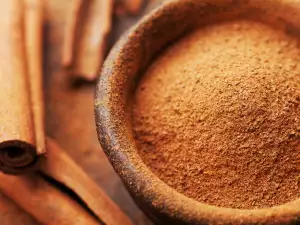

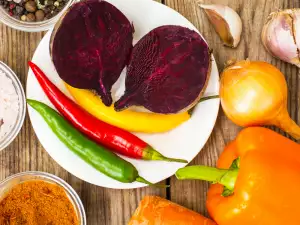

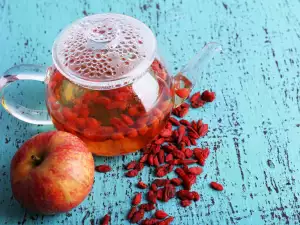



Comments